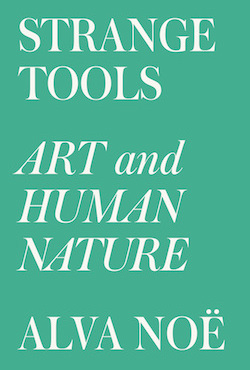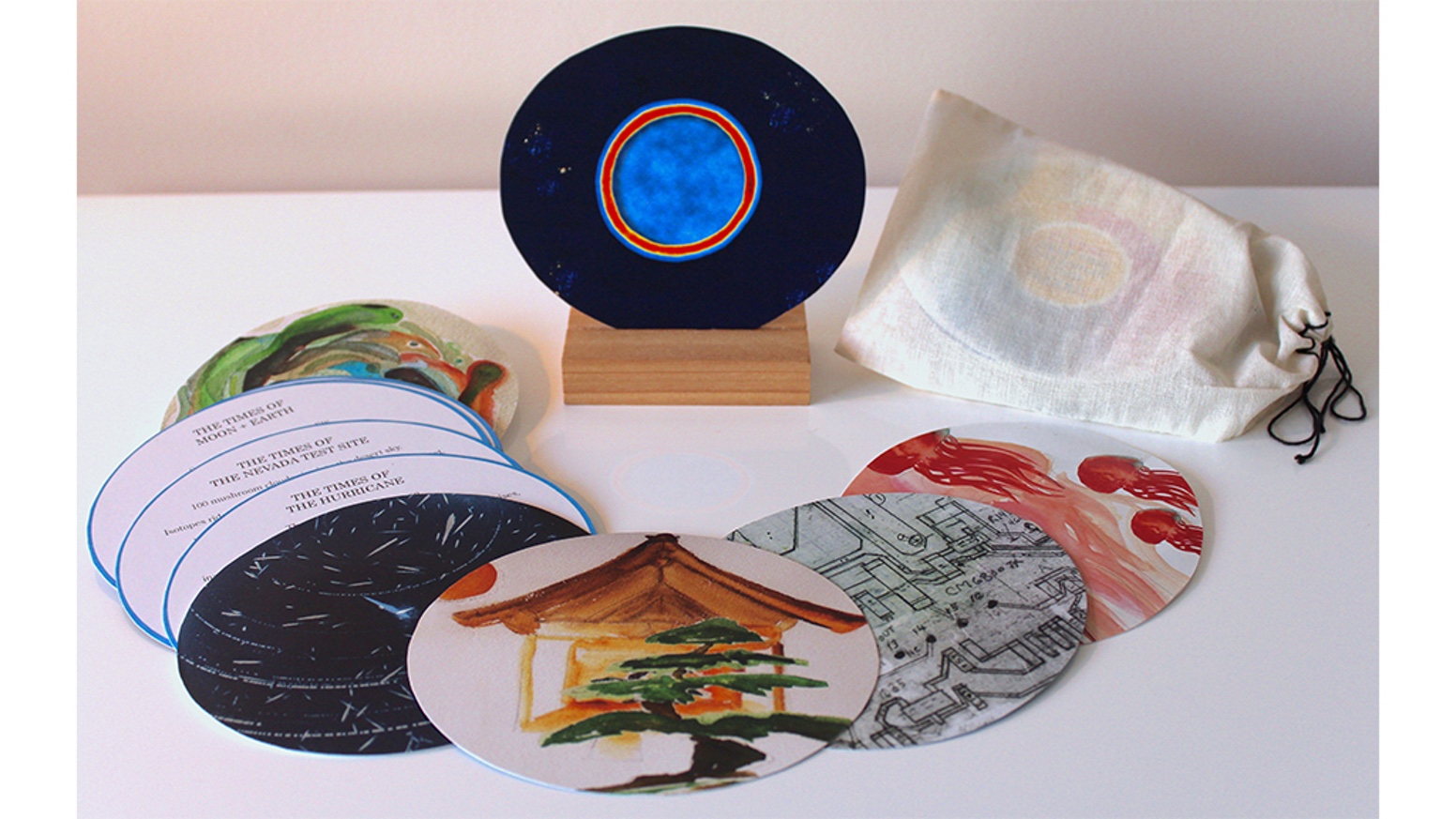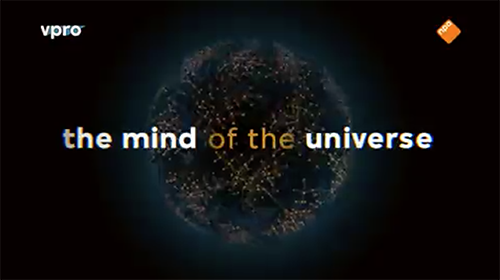Inspiration Items
From Josephine Mills
A forest can feel like a place of great stillness and quiet. But if you dig a little deeper, there’s a hidden world beneath your feet as busy and complicated as a city at rush hour.
In this story, a dog introduces us to a strange creature that burrows beneath forests, building an underground network where deals are made and lives are saved (and lost) in a complex web of friendships, rivalries, and business relations. It’s a network that scientists are only just beginning to untangle and map, and it’s not only turning our understanding of forests upside down, it’s leading some researchers to rethink what it means to be intelligent.
From Donald Lawrence
Magical, scientific, and technical praxis do not follow in chronological sequence for anarchéology; on the contrary, they combine at particular moments in time, collide with each other, provoke one another, and, in this way, maintain tension and movement within developing processes.
– Siegfried Zielinsky. Deep Time and the Media: Toward an Archeology of Hearing and Seeing by Technical Means. Cambridge, Mass.: MIT Press, 2006. (258)
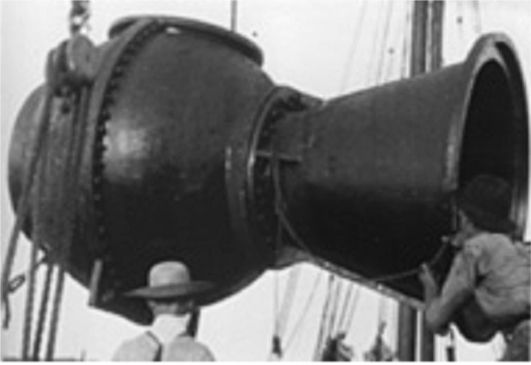
1914-1916 J.E. Williamson began creating apparatus for underwater filmography, including his “photosphere,” filming fish and such around that time in the Bahamas
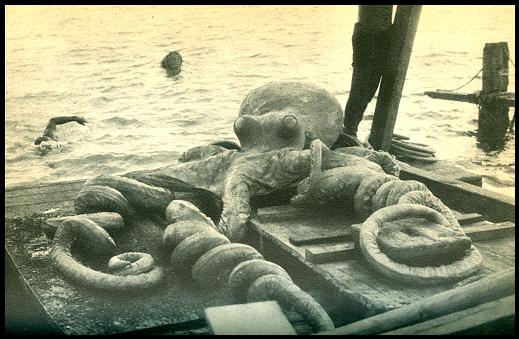
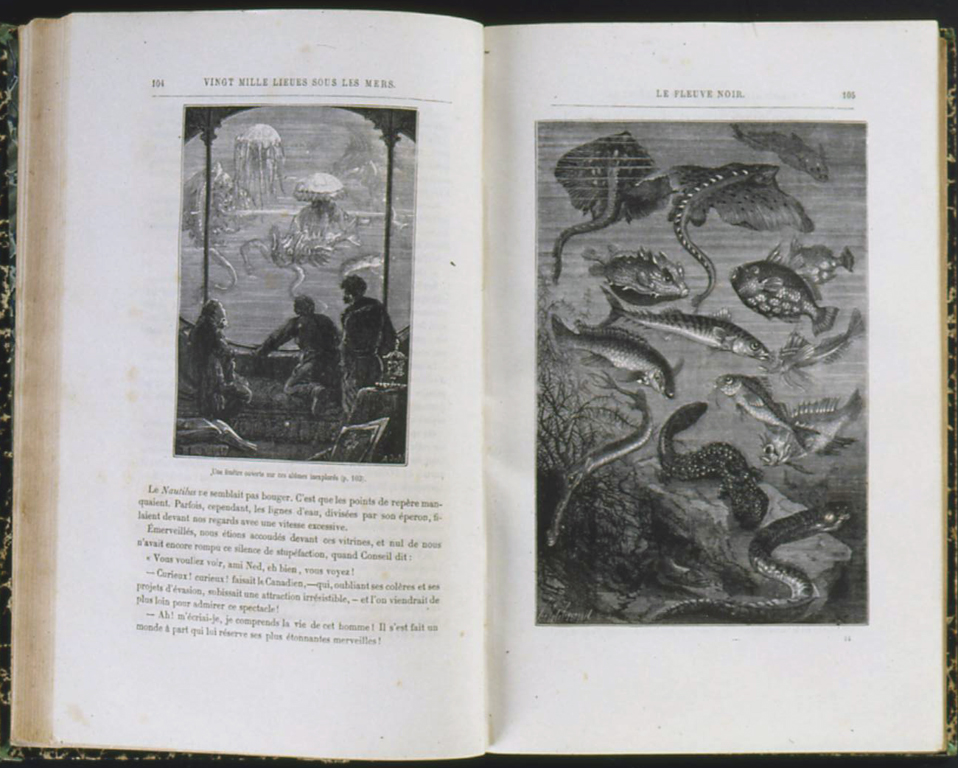
From Leila Armstrong
From Louise Barrett
From Ed Pien
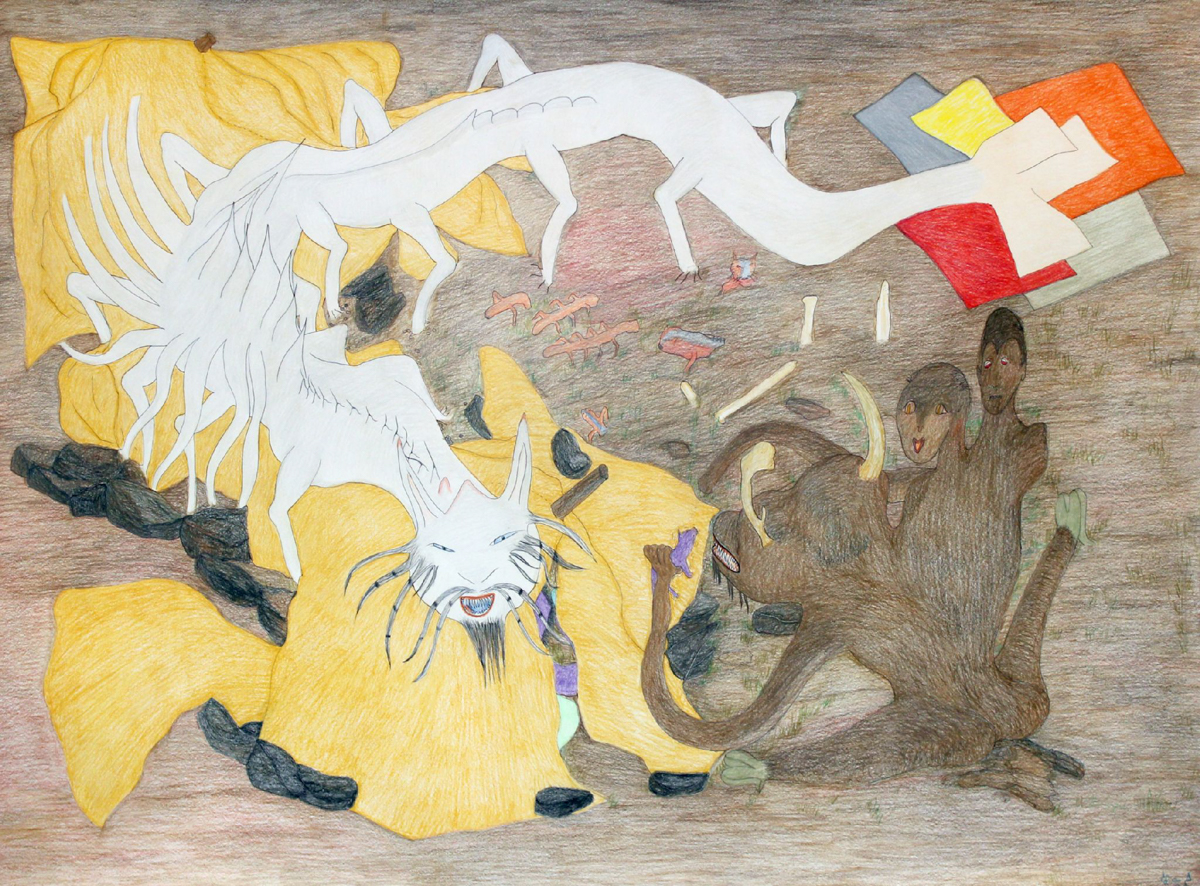
Remembering is an unstable and profoundly unreliable process–it’s easy come, easy go as we learn how true memories can be obliterated, and false ones added. And Oliver Sacks joins us to tell the story of an amnesiac whose love for his wife and music transcend his 7-second memory.
Article:
“What Does It Mean to Be Black and Look at This?” A Scholar Reflects on the Dana Schutz Controversy, by Christina Sharpe
From Jennifer Wanner
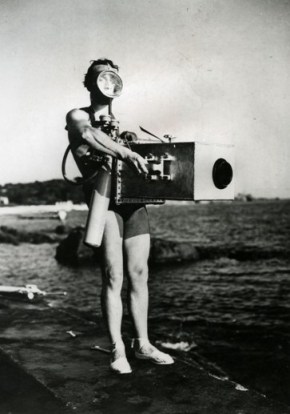
Film by Jean Painlevé, “Le Vampire”, 1945
“Science is Fiction: 23 Films by Jean Painlevé”, DVD set, by The Criterion Collection.
From Tiffany Muller Myrdahl

The notion of “solidarity” that still pervades much of the Left in the U.S. has continually served an intensely conservative political agenda that dresses itself in the radical rhetoric of the latest rebellion in the “darker nations” while carefully maintaining political action at a distance from our own daily lives, thus producing a political subject (the solidarity provider) that more closely resembles a spectator or voyeur (to the suffering of others) than a participant or active agent, while simultaneously working to reduce the solidarity recipient to a mere object (of our pity and mismatched socks). At both ends of this relationship, the process of solidarity ensures that subjects and political action never meet; in this way it serves to make change an a priori impossibility. In other words, this practice of solidarity urges us to participate in its perverse logic by accepting the narrative that power tells us about itself: that those who could make change don’t need it and that those who need change can’t make it.
From Karin van Dam
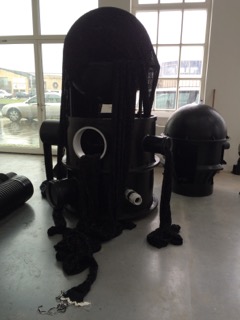
From Christine Clark

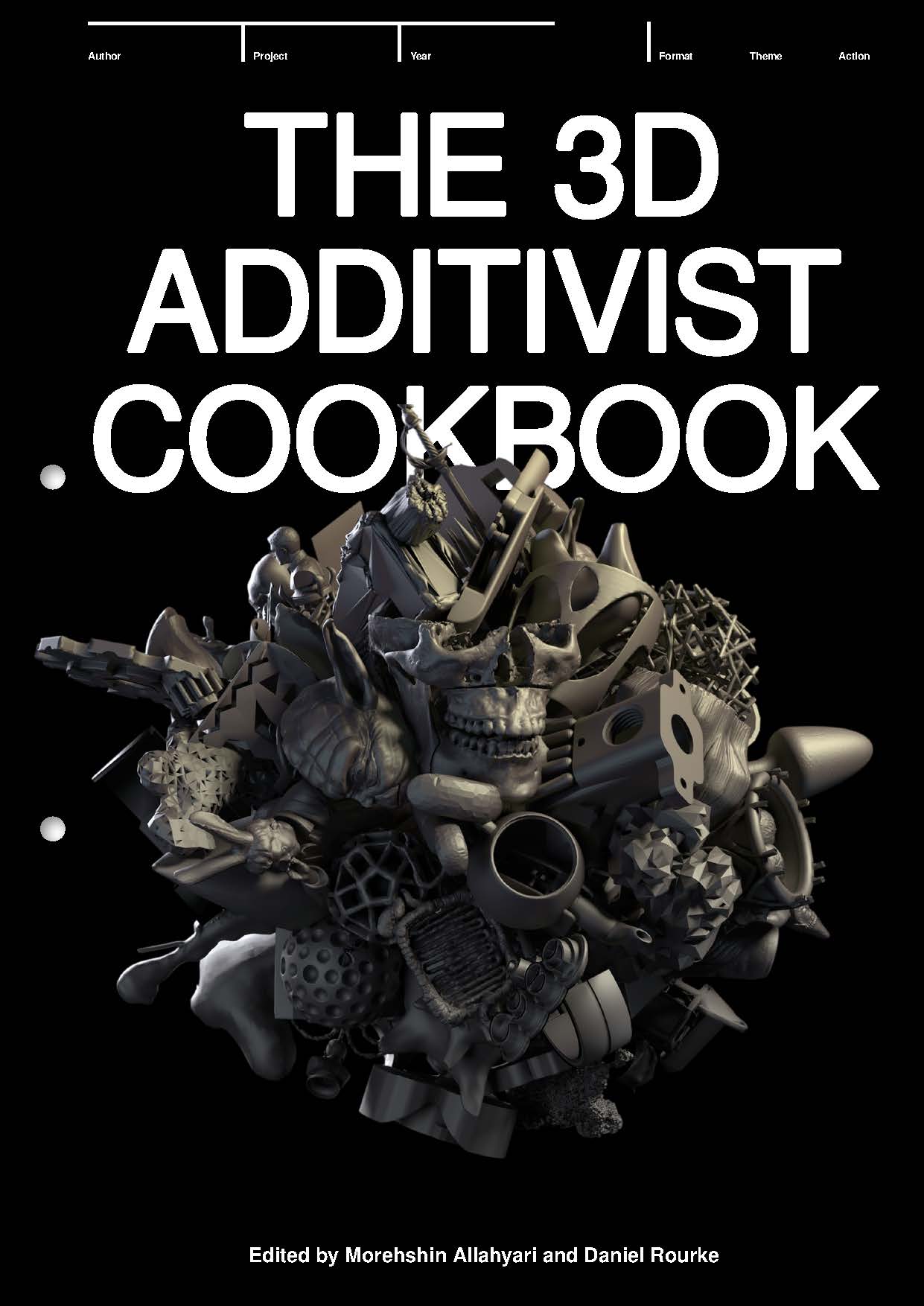
#Additivism http://additivism.org/ is an ongoing multi-faceted collaborative project by Morehshin Allahyari and Daniel Rourke
From Jennifer Budney
Engenderings (The London School of Economics and Political Science) – by Ilana Eloit
Globe and Mail Book Reviews – by Jade Colbert

